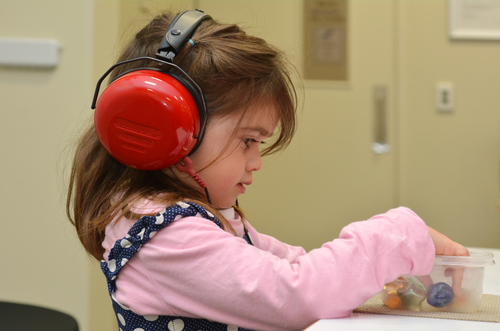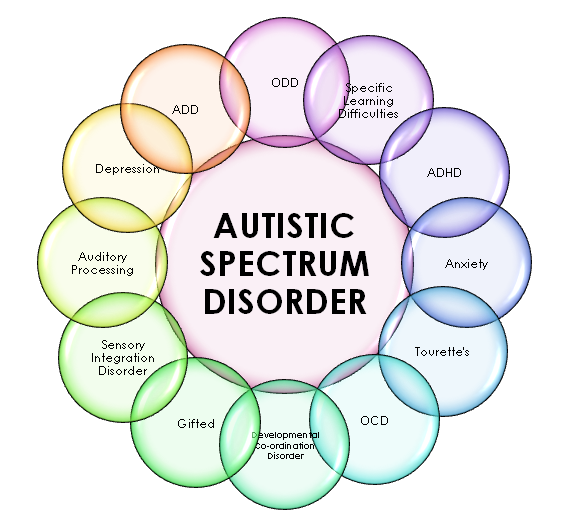Greta Thunberg Says Asperger’s Is Her Superpower
by: MOLLY LONGMAN While dozens of world leaders made their voices heard at the UN Climate Action summit in New York City Monday, it was a 16-year-old’s rallying cry that had people — including the president — talking. Swedish activist Greta Thunberg is known internationally for continuously and courageously working to combat climate change. SheContinue Reading
Asperger’s, Depression and College Students
Depression is most common in adolescents and young adults with Asperger’s, and particularly in those with stronger intellectual and verbal skills. That means college students with Asperger’s are at a very high risk for depression. This is particularly true for freshmen, who are transitioning to the college experience. Although I’veContinue Reading
Running a Spartan Race with Asperger’s
(Repost) Thirty-six year old Justin Coleman is a runner. It just so happens he was diagnosed with Asperger’s Syndrome in 2013. He is a long-time contributing member of the San Antonio Area Adults with Asperger’s Meetup group. Recently, Justin competed in the Spartan Dallas Ultra. This race had over 60Continue Reading
Sensory Processing Disorder and Autism: Auditory
First, let’s have sensory processing disorder explained by someone with a personal experience with it. Watch this video of Amythest Schaber, a person living with an autism spectrum disorder. Differences in auditory processing are one of the more commonly reported sensory processing impairments. In one chart review of developmental patterns inContinue Reading
Study: When Kids Show Signs Of Autism, Pediatricians Often Fall Short
by Michelle Diament/Disability Scoop Pediatricians are conducting routine checks for autism, but new research suggests they frequently fail to act when screenings show cause for concern. A study looking at medical records for children who visited 290 doctors between 2014 and 2016 shows that the vast majority were screened forContinue Reading
Reading Emotions: Anxiousness
Anxiousness is one of those emotional states we see in the face; but perhaps most of all we see it in the movements of the body. (Note: there is purposely no audio with the above video) When we become anxious we lose some control over our actions. Carrie’s hands areContinue Reading
More Productivity with Less Struggle for Parents of Kids on the Spectrum
With your summer all wrapped up, I hope you’re off to a strong fall. Speaking of fall – I couldn’t resist – are you or your family struggling? Struggling is part of being human – you’re not alone. Do you crave strategies to move past your challenges? Of course you doContinue Reading
Health with Aspergers: Balancing Your Mind, Body, and Soul
Managing your weight for good health can be a difficult goal to obtain and keep. From counting calories to the numerous diets available to knowing which gym facility to join or what exercises to do, the options can be overwhelming for someone that just wants to get started. It isContinue Reading
Autism: Effective Treatment Options
By: The Autism Science Foundation Scientists agree that the earlier in life a child receives early intervention services the better the child’s prognosis. All children with autism can benefit from early intervention, and some may gain enough skills to be able to attend mainstream school. Research tells us that early intervention inContinue Reading
Understanding Comorbidities
Top of the Spectrum News As many as 85% of children with autism also have some form of comorbid psychiatric diagnosis. ADHD, anxiety, and depression are the most commonly diagnosed comorbidities, with anxiety and depression being particularly important to watch for in older children, as they become more self-aware. UnderstandingContinue Reading
The Less Traveled Path to Christ: Families, Autism and the Church Today
Autism, depression, anxiety, ADHD, and developmental delays often keep kids (and parents) away from church. A new study has found children with autism are almost twice as likely to never attend church or other religious services. Families of children with other disabilities are missing from the pews as well. TheseContinue Reading
The Less Traveled Path to Christ: Families, Autism and the Church Today
Downloadable BrochureContinue Reading











